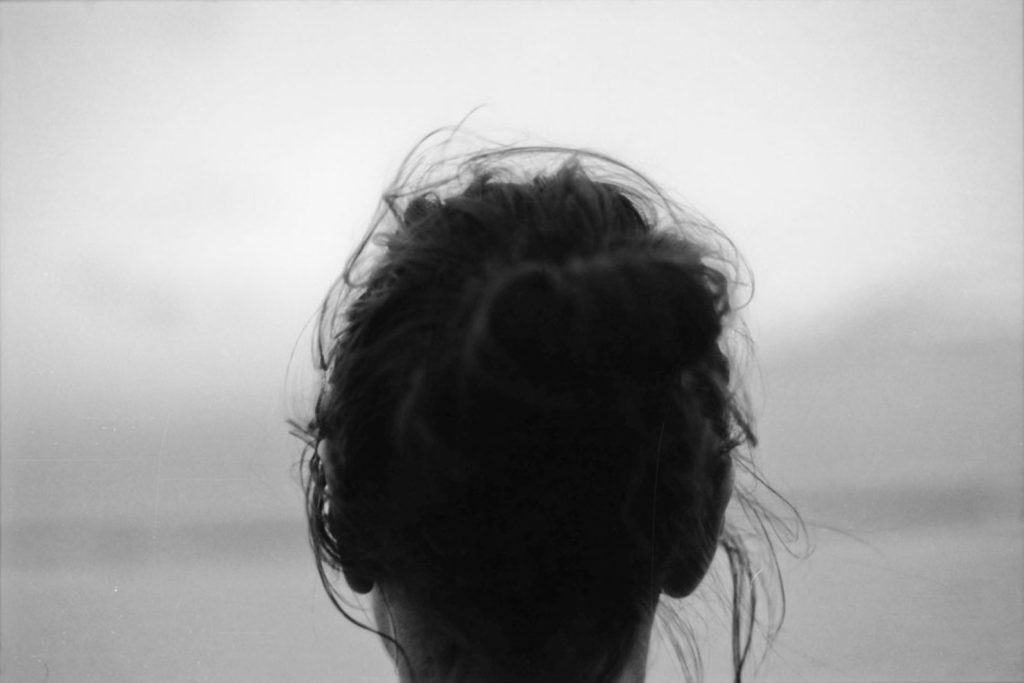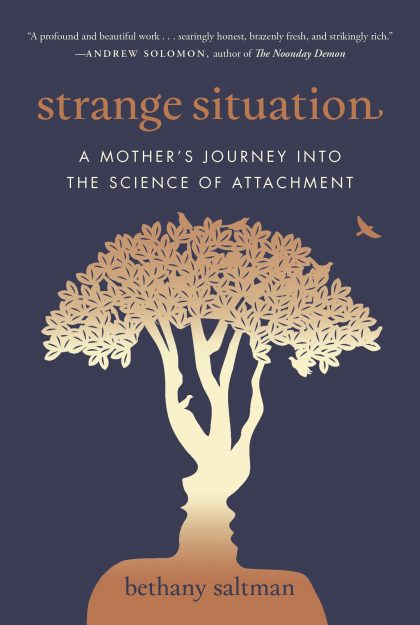Never in a million years would I have guessed that I would end up living in a Zen monastery. I grew up in a Jewish household that was Christmas-tree- and bacon-free, but not particularly spiritual. I never thought of religion as having anything to do with me. While some children might lie in bed and pray to God or try to confess when they feel guilty for the sins they believe they’ve committed, I just looked out the window and stared into the trees and tried to accept the fact that I felt so strange. I felt confused and emotionally disjointed, like I had no business in this realm I’d found myself in, as if I were experiencing the spooky edges of someone else’s dream.
Some teenagers, college students, and young adults seek cool, dharma-bum spiritual answers to their coming-of-age questions, but not me. I took refuge in Anne Sexton, the suicidal poet who wrote and talked in a scary-real voice about how she would
walk in a yellow dress
and a white pocketbook stuffed with cigarettes,
. . . . . . . . . . . . . . . . . . . . . .
I walk. I walk.
I also took to the beauty of dresses, cigarettes, and long walks. As a teenager, I slept around. I got high too often, and with the wrong crowds. I drank too much. Though I never once thought about religion, I was struck, all along, by the feeling that some miracle was keeping me safe.
That same miracle helped me get to college, even though I had been a weak student, to say the least. And then to graduate school, where I studied poetry with Allen Ginsberg as my adviser. In my first poetry workshop with him, he had us write our “Top Ten Memories” as poems. He made it clear that this was not necessarily meant to be our earliest memories, just big ones, for whatever reason. As my number-one memory, I wrote:
Sitting in the bathtub, Foil walls wink.
Dad opens the door. No, get Mom.
There it was again. That bathtub memory.
After I graduated with my MFA, I got a real job teaching writing. Another miracle, given my poor employment record. And then I really put the miracle to the test.
I was living in Brooklyn with my college boyfriend. One day, on the subway home from work, a man—we’ll call him Charles—sat down across from me. He wore a button-down white shirt and khakis, and the way he held himself with confidence, then crossed his legs, made him officially the sexiest man I had ever seen. Then he stared at me. And then I uncrossed my legs.
That weekend I saw him again, walking in our neighborhood as my boyfriend and I were taking a Saturday afternoon stroll. He was across the street. We waved to each other.
“Who was that?” my boyfriend asked.
“No one,” I answered.
Soon after, I broke up with my boyfriend and chased the experience of Charles with everything I had. Charles was a lovely man in many ways, but jealous and explosive. After a year and a half of being dramatically and compulsively “together,” my life was unraveling. My friends were losing their patience with my mood swings and long, weepy phone calls, not to mention the erratic and scary behavior I had come to accept—like the time Charles lunged at me on the street and some UPS guys came to my rescue.
My work life suffered—who has time to mark up student papers when your boyfriend calls, then sends you away, then calls you back in the middle of the night to apologize and summon you again? I was so preoccupied with insecurity that my creativity came to a halt and I stopped writing poetry, then quit writing even in my journals. I was so consumed with my fear of his absence and the dry ache of never knowing where I stood with him that one damp winter day, as the 2 train came charging in, I saw myself lying in the tracks, obliterated, liberated from craving. I wanted to feel the contact of the train so badly that the bottoms of my feet tickled with the urge to jump.
But I stayed there in the silver puddle of my own boots.
And rather than get on the train and return to the small apartment where I would spend the evening in a treacherous cat-and-mouse game with Charles, a voice inside me told me to walk up the subway stairs and out into the damp Manhattan dusk, then a few blocks downtown to the neighborhood Barnes & Noble.
I went straight to the self-help section.
Riding the escalator up to the second floor, I thought, This is what it feels like to hit bottom. I had considered myself a feminist, an intellectual, a poet. But here I was, at the mercy of a man, with nowhere to turn, no more poems to write or read, looking for a savior like every other sorry sucker.
I had been working with a therapist named Grace, whom I loved. I’d sit in her cozy, dark, leathery, book-lined room and search her kind eyes.
“He threw his Kleenex on the floor,” I cried, “and I knew that was me. I don’t matter to him at all.”
“That must have hurt terribly,” she said.
Ultimately, even her loving gaze wasn’t enough. When the fifty minutes were over, invariably I was back in a loop of obsession, the walls closing in. I needed more; I needed something else.
I stood there before the sea of pastel self-help book spines. They all looked the same. I glanced to my left, to the “Eastern Thought” section, and saw one book that was face-out on the shelf. It was lovely—white, with purple flowers and ginkgo leaves, feminine but understated. My draw to the book was almost zombie-like, predetermined. When I reached it, I read its cover: Nothing Special: Living Zen, by Charlotte Joko Beck. I opened it and read the first chapter:
We are rather like whirlpools in the river of life. In flowing forward, a river or stream may hit rocks, branches, or irregularities in the ground, causing whirlpools to spring up spontaneously here and there. Water entering one whirlpool quickly passes through and rejoins the river, eventually joining another whirlpool and moving on. Though for short periods it seems to be distinguishable as a separate event, the water in the whirlpools is just the river itself . . .
Ninety percent of a typical human life is spent trying to put boundaries around the whirlpool. We’re constantly on guard: “He might hurt me.” “This might go wrong.” “I don’t like him anyway.” This is a complete misuse of our life function; yet we all do it to some degree.
Reading these words, I felt a rush of relief, as if my breath were getting knocked into me. I was that rushing, crazy, dangerous river. I experienced a brief flash of complete physical aliveness. And then it faded away and I was just me, sitting under fluorescent lights on a hard chair among people walking across the carpeted floor of a windowless room.
But I was no longer alone. I had a new book, a new idea, a new reality—a secure base—to check back with when the current of my obsession threatened to pull me under, as I knew it would. I couldn’t stop thinking about this: Being on guard is a misuse of my life function. I wasn’t sure what my life’s function was, though I knew it had something to do with love.
♦
Adapted from Strange Situation: A Mother’s Journey into the Science of Attachment by Bethany Saltman, copyright © 2020 Bethany Saltman. Used with permission of Ballantine Books, an imprint of Random House, a division of Penguin Random House, LLC. All rights reserved. No part of this excerpt may be reproduced or reprinted without permission in writing from the publisher.
Thank you for subscribing to Tricycle! As a nonprofit, we depend on readers like you to keep Buddhist teachings and practices widely available.

